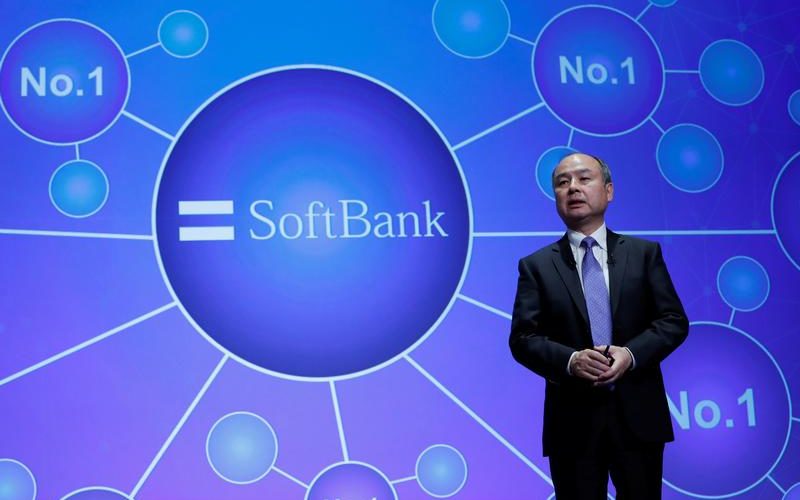BY ROB COX
SoftBank is providing a good reminder about how it can be easier to invest other people’s money. The Japanese tech and telecom group may plunk as much as $4 billion into WeWork, the shared office-space upstart, according to CNBC. Masayoshi Son blanched at earlier opportunities to invest in the firm, but he is now looking at opportunities through the prism of a $100 billion fund.
There are many sound reasons SoftBank could be reconsidering its decisions not to back WeWork when founder Adam Neumann was passing the hat a few years ago. The most obvious is that the Manhattan-based endeavor is a more proven concept. The company has 125 physical locations in 38 cities and 10 countries, with 90,000 paying members, including 700 business customers.
Moreover, there is demonstrable growth and results. Last year, WeWork doubled its buildings, cities, countries, members and revenue run-rate and tripled gross profit at offices open a year-and-a-half or more. It plans to double its real-estate footprint this year, opening in Buenos Aires, Sao Paulo, Beijing, Mumbai, Paris and more.
It’s also true, though, that motivations on SoftBank’s end may have changed since it sat out a $150 million Series C round in 2013, and a $355 million Series D fundraising the following year, which valued WeWork at $5 billion, or a quarter of the $20 billion going rate now. The biggest difference is the mega-fund burning a hole in Son’s pocket, though it’s not yet clear how SoftBank will finance a WeWork investment.
In October, SoftBank launched its Vision Fund to make investments in technology globally, with at least three-quarters of the capital from external investors, led by the Kingdom of Saudi Arabia, as well as Apple and Oracle founder Larry Ellison. As part of the initiative, SoftBank has recruited many bankers and acquired even more of them with the recently announced $3.3 billion takeover of private-equity and hedge-fund firm Fortress Investment.
SoftBank has long put money into early-stage creations like Yahoo Japan and Jack Ma’s Alibaba. Bigger companies, such as U.S. cellphone operator Sprint, have been less satisfying. The Vision Fund, by dint of its size and the source of its capital, risks distorting SoftBank’s perspective.
First published Feb. 27, 2017
(Image: REUTERS/Kim Kyung-Hoon)
